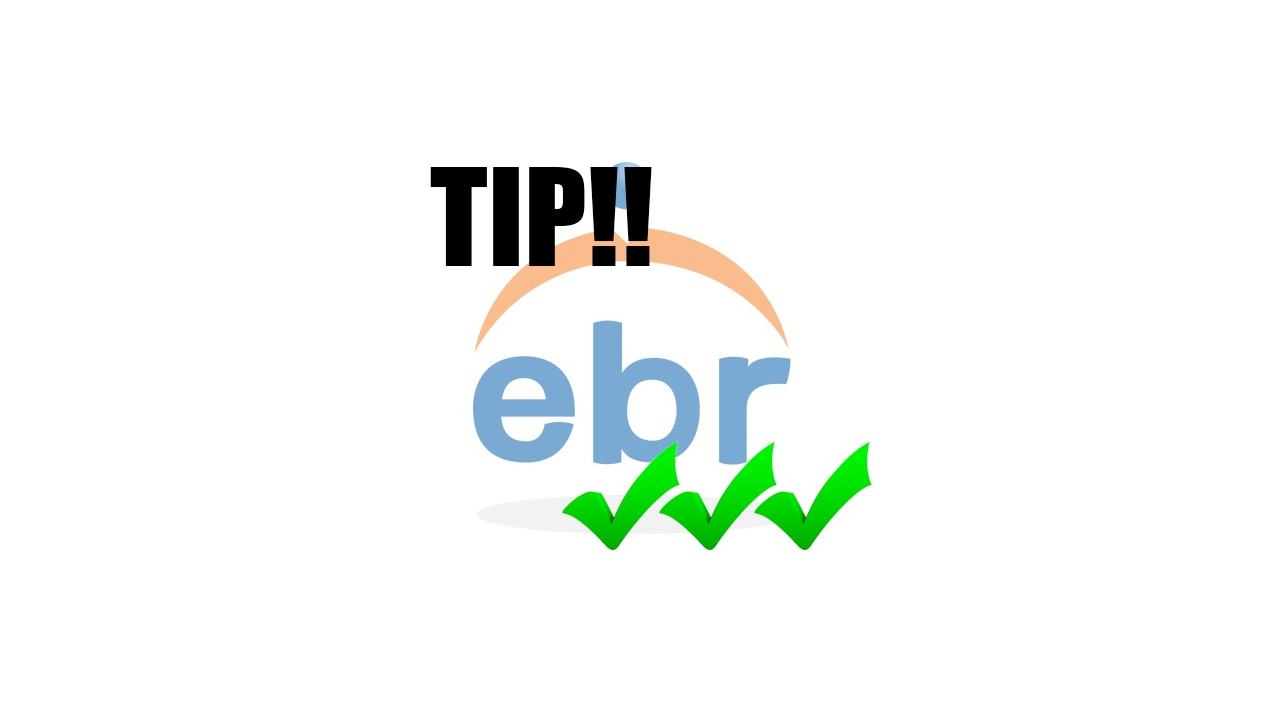CV Tips: Do's and Don'ts
12 Oct 2010 | 3 min
read
A CV (or curriculum vitae) is a marketing tool which allows you to present yourself to prospective employers in relation to job opportunities. There is no doubt that your CV plays a very important role in determining whether you will be eligible for a specific position. It provides insight into who you are and what you have accomplished. Using a well designed and written CV, you will be able to promote yourself to an organisation that you would like to be a part of.
Here are some tips on how to format CVs.
Structure
The CV must be structured and in paragraph format. It is important to split up your CV under various headings such as:
- Personal details
- Job Objective
- Professional experience
- Education
- Referees
All paragraphs must have a clear headings and the font must be easily readable. Times New Roman and Arial are commonly used font types, preferably in size 12.
Personal Details
Personal Details are a vital part of a CV. This section must include the following:
- Name (first & last name only)
- Local address
- Email address
- Phone number (if applying for an overseas role, include your international dialing code)
- Mobile number
Job Objective
Many people forget to include their job objective in their resume. It is important to let the reader know what it is exactly that you are looking for in a job, and what you hope to accomplish. It gives the reader a brief glimpse into your career aspirations. Keep this section simple and short in length.
Professional Experience
This section should include all previous work experience undertaken with details such as:
- Title of position
- Length you held the position
- Brief summary or responsibility of the role
- Name of organisation
- Town/city and state where role was based
- Accomplishments and achievements
Education
This section should include the details of your education which may include:
- Primary/Tertiary education
- Courses undertaken
Start this section by showing your most recent course of study. It is also important to include the dates that the courses were undertaken just to give a brief understanding of how long each lasted.
Referees
It is important to include the name of 2-3 referees in your CV. This is because most employers will rely on verbal reference checks before making a formal offer of employment. The details in this section should include:
- Referees name
- Their position/relation to you
- Contact Number
- Contact Email
Alternatively you can omit your referees and write "Referees available on request" in this section.
Extra
There are extra sections you may add to your CV which include:
- Hobbies and interests
- Professional Memberships or Professional Associations
- Languages
These sections are optional and are not compulsory by any means. You may choose to include these sections to give the reader a better insight into your personality and experience.
CV Do's & Don'ts
Do's
- Make your CV unique by adding a personal touch such as a picture of yourself
- Use grammatically correct terminology
- Use headings and paragraphs
- Have your name clearly visible on each page
- Keep it clear and concise
- Include a cover letter
- Include a closing statement in your CV
Don'ts
- Avoid using colours
- Do not include unrelated information
- Do not have a resume that is very long in length
- Do not use colloquial language/slang
- Do not be repetitive

tags:
News
categories:
News


